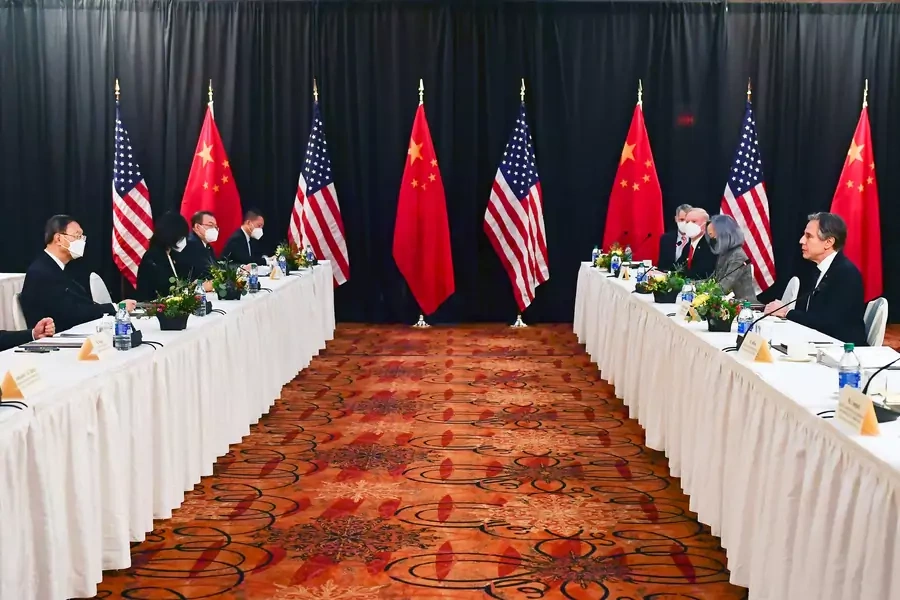Conflict Prevention Should Shape Policy Responses to Intensifying U.S.-China Competition

What idea—or set of ideas—will drive national security policy under the Biden administration? The Trump administration defined great power competition as the organizing principle of U.S. national security policy, framing U.S.-China in terms of strategic competition. The Biden administration’s early statements and actions indicate it has accepted this frame—but that policies toward China will differ substantially from its predecessors. Even if the Biden administration adopts a less overtly confrontational approach toward China, the risks of conflict are real and growing.
The U.S.-China relationship is currently precarious, and competition is intensifying: in particular, it is assuming an overtly ideological dimension, which will only accentuate distrust and deepen the interest-based competition on both sides. Several immediate conflicts—including Taiwan and maritime disputes—could also escalate. These issues exist against the background of an accelerating arms race between the U.S. and Chinese militaries in the western Pacific. The United States' core challenge is to deter a range of Chinese behaviors but also avoid catastrophic conflict—while still advancing U.S. economic interests. Conflict prevention is only becoming more essential to U.S.-China relations as competition becomes the defining frame for U.S. policy.
More on:
In a new paper for the series on series on managing global disorder, Evan S. Medeiros—Penner Family Chair in Asian Studies at Georgetown University—dives into how Washington might revitalize existing tools and build new ones in light of intensifying strategic competition and growing risks of conflict with China. Policymakers and analysts need to devote more energy and time to identifying and weighing risks of strategic competition-- bilaterally, regionally and globally—then determine how the United States and its allies can deter China without provoking armed conflict. This should include U.S. efforts to strengthen deterrence—both generally and in specific sensitive areas—bolster military cooperation among U.S. allies and security partners in Asia, and calibrate U.S. security commitments to mitigate the risk of unintended escalation of tensions during potential crises.
More on:
 Online Store
Online Store